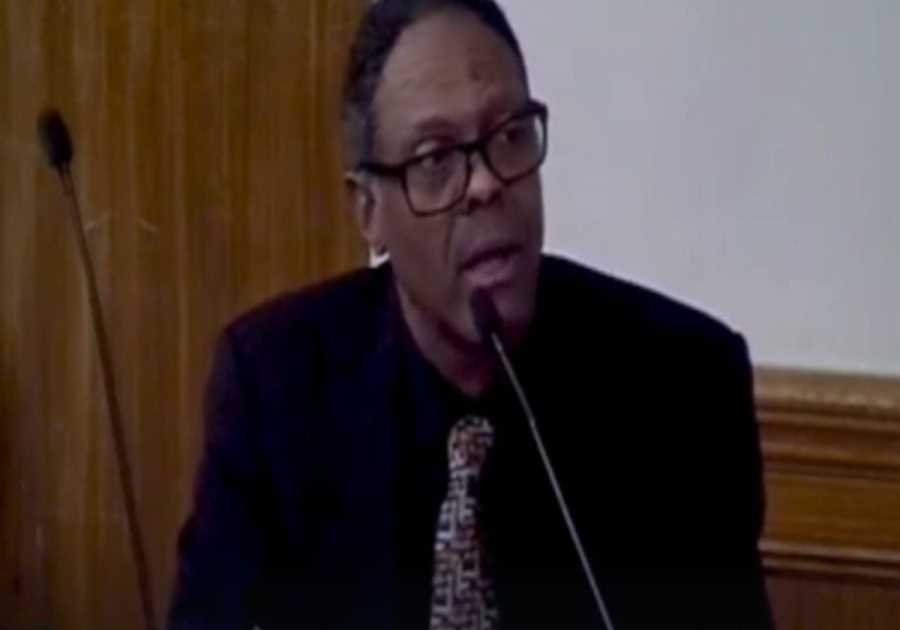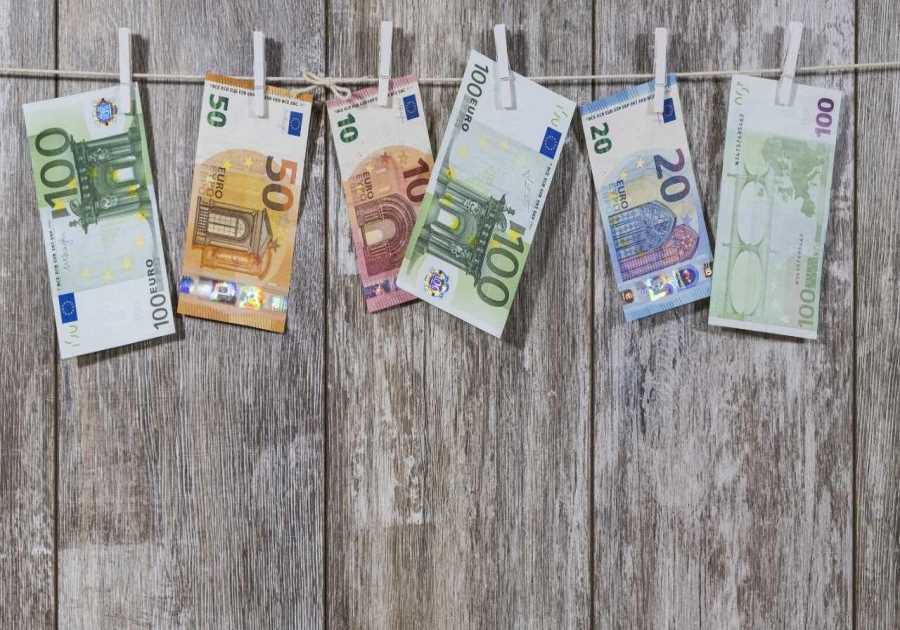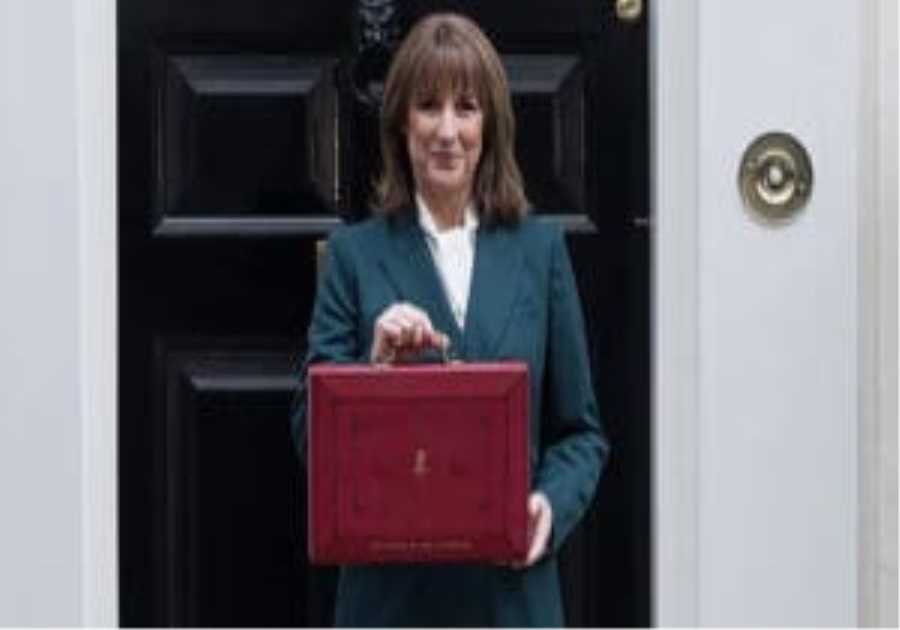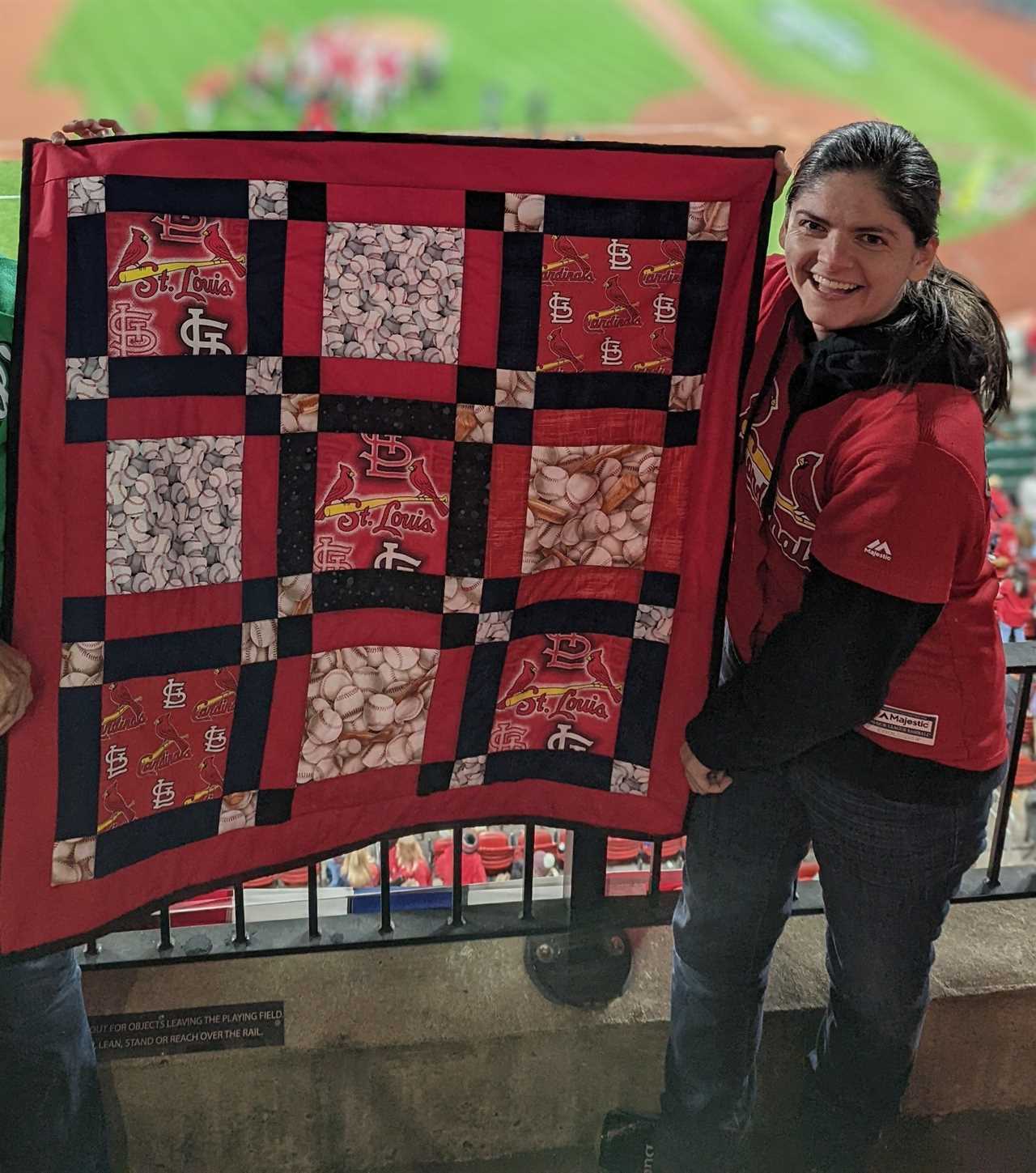
Courtesy of Gwen Merz
- Gwen Merz started saving money early with the goal of financial independence and retiring early.
- Her money-saving tactics included house hacking, skipping concerts, and forgoing traditional dating.
- The sacrifices affected her happiness and mental health, so she decided to stop saving so much.
This as-told-to essay is based on a conversation with Gwen Merz, 33, about her participation in the FIRE — financial independence, retire early — movement from 2014 to 2018. She has since scaled back her saving. Merz works in IT and now saves only 10% of her paycheck for her 401(k). The conversation was edited for length and clarity.
I found FIRE around my junior year of college, and then really jumped into it when I started working 18 months later.
I was seeing some of these people being like, “We're saving 70% to 80% of our income.” I was like, “Cool, that's great. I can do that, too.” But these people never really talked about how much they were bringing in. This was something that I felt was a little disingenuous for people who wanted to get into it.
It's a lot easier to save high percentages when you're also bringing in a high amount of income.
I started out making $65,000. I was saving a high percentage — at my peak, it was somewhere around 75% on a fairly routine basis — but there just wasn't a whole lot left afterwards. That really cut into my quality of life.
That was one disadvantage — being single, and not being a crazy high earner, and not being able to bring in that much money. It wasn't realistic.
I still enjoyed activities, but on a budget
I had a purpose and a plan and a reason behind what I was doing.
I didn't care about going to see major league sporting events or going to concerts or a lot of things that you can spend a lot of money on.
I had friends over to play board games. We'd have bonfires in the backyard, or we'd go out and play frisbee golf. All these things are low-barrier-to-entry experiences that you can do over and over and over again. That's what I focused on.
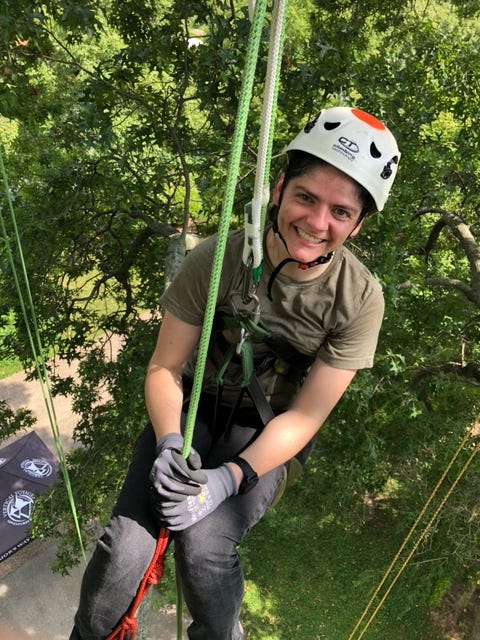
Courtesy of Gwendolyn Merz
It worked pretty well for friends, but I never really found a partner that had the same mindset when I was dating. So that made being single really hard — by not wanting to spend any money on it, because it came off as cheap and controlling.
I had opinions on how my partners were spending their money, and people don't really appreciate that.
I also didn't really realize the cost that I was incurring in my career, as I was not wanting to go out and do happy hour or go do lunch with my coworkers. That kind of off-site networking really is where a lot of connections get made.
They come in handy later when you're like, “Hey, I'm up for this promotion. Would you put in a good word for me?” If you don't have that kind of connection, they’re like, “I don’t know about that.”
It didn't matter when I was 25, because I wasn't planning on working that long. Who cares if it doesn't help my career? Because I'm not going to have much of a career.
But now that I have found a career and an employer that are a good fit for me, I'm taking more care to foster those kinds of connections and network because I will be here for longer.
I did have non-negotiables that I would splurge on
It's absolutely necessary to dial it up on the things that are really important to you. Go all out, no holds barred. You know what you like, you know what you need — just do it and then cut mercifully everywhere else.
If you prioritize travel, go take as many trips as you can. But you're not going to buy new clothes all the time, or you might not live where you want to because you’re traveling all the time. You are cutting back in other areas that don't matter to you and really just going all out in the areas that will give you the best ROI on happiness and mental health.
I did manage to prioritize the things that were important to me.
The first year that I had enough vacation time, I went to see my sister in Australia for three weeks — but I wasn't paying full price for a lot of things. I was able to fly on student rates through a student travel website. I minimized my expenses when I was there, because I was able to leverage her apartment so I didn't have to pay for lodging. She had a car so I didn't have to rent a car, and we ate food at her apartment.
The things that were important to me, I made happen.
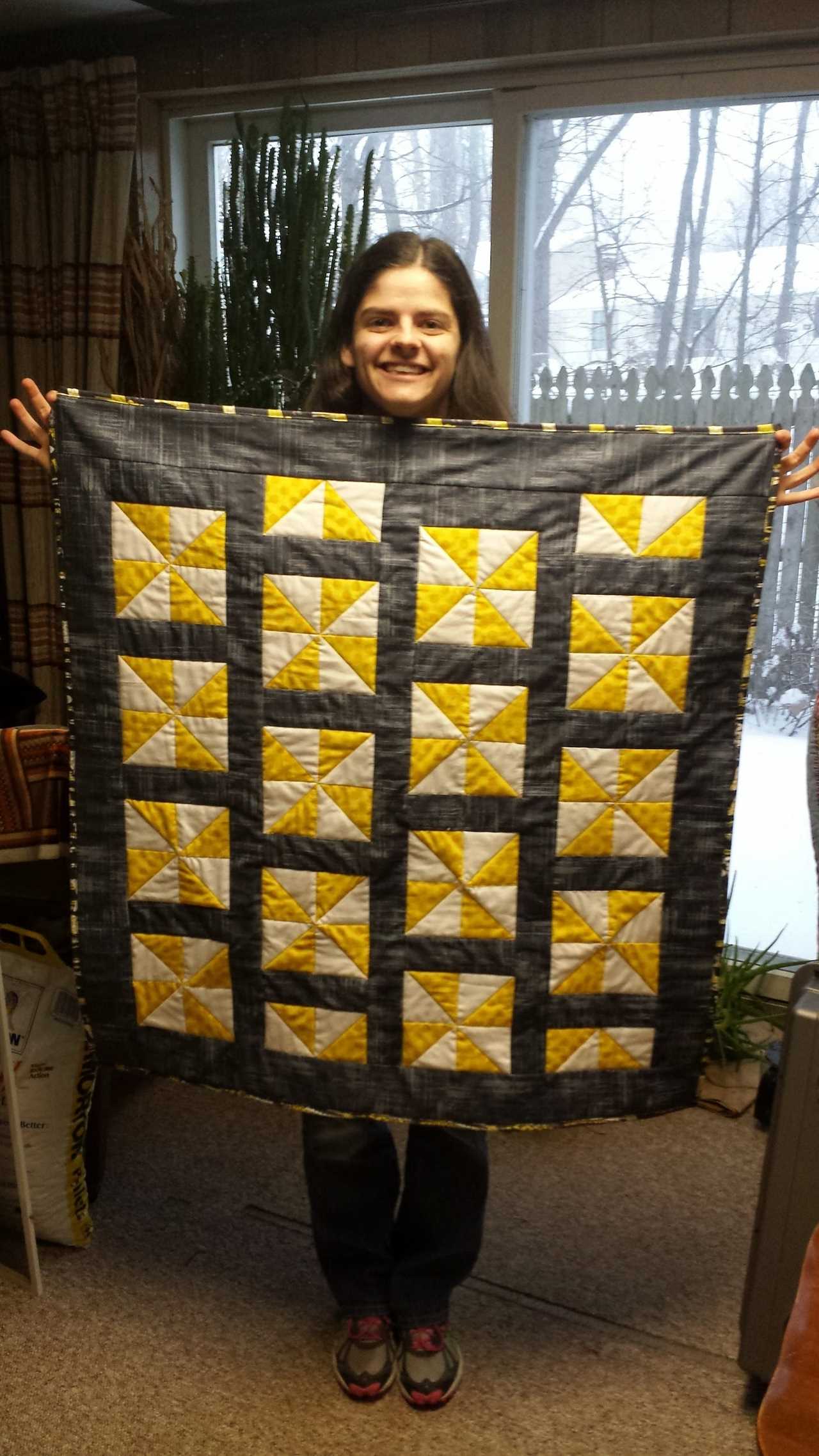
Courtesy of Gwen Merz.
I bought this really nice sewing machine because quilting and hobbies are really important to me. I learned how to quilt when I was eight years old and have been sewing and quilting since then.
I spent $3,800 on a sewing machine — which was three months’ worth of spending on one inanimate object. But it was a priority for me, so I made it happen, and it was worthwhile for me.
And I still have that machine 10 years later.
I sometimes couldn’t enjoy life because of my strict budgeting
Now that I'm not super gung ho on FIRE, I prioritize housing now. It's not an expense to be minimized. That is something that really impacts my mental health: where I live.
For housing, I bought a single-family home that had been converted into a triplex. So my monthly spend on that was $700 all in for my taxes, the mortgage payment, everything.
I lived in a studio unit, and then I rented out the other two. There was a two-bedroom unit that went for $600 a month, and a one-bedroom apartment that went for $400 or $450 a month. So I was bringing in over $1,000 a month and not having any housing payment.
I was living in a tiny studio. I had about three inches of counter space total between the sink and the stove, so I had to cram a kitchen island in there to have somewhere to put something or prep my food.
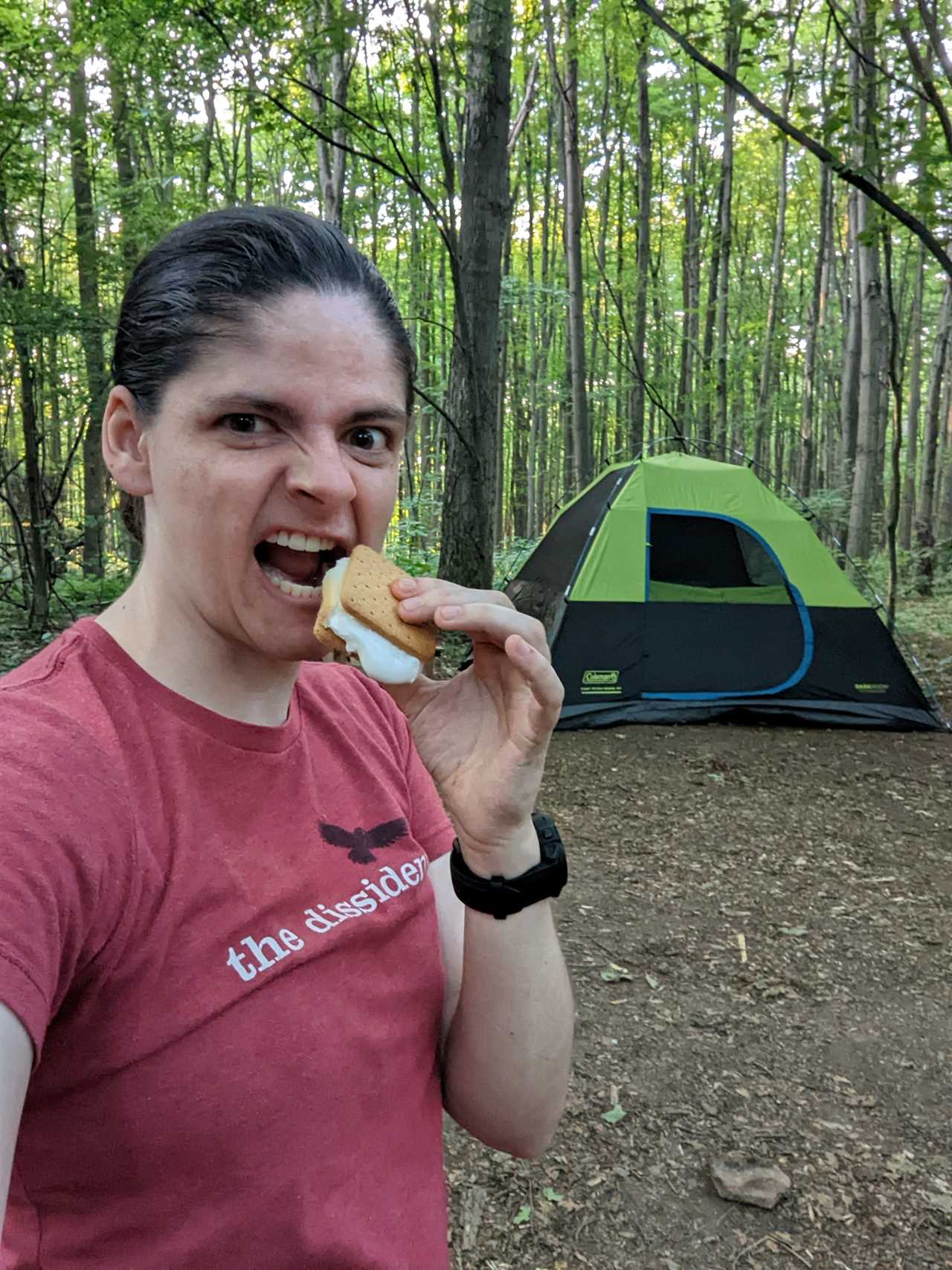
Courtesy of Gwendolyn Merz
I didn't quilt or get my sewing machine out of its travel container for the 18 months that I lived there. Doing these hobbies is really important to me, and I just didn't have any space to do anything. I have nice things that I like to look at, and I couldn't do any of that because there just wasn't room.
That was awful, and I didn't like it at all.
While I had that triplex, my spend was next to nothing. I was making money on it, but I was miserable and so unhappy and so stressed out the entire time.
I was like, “This is not worth it. This will never be worth it to me.”
I have prioritized living in nice places since then — places that I enjoy, that are convenient to me, that may be close to work or close to a really nice park or something that I want to enjoy all the time.
After a few years of saving aggressively, I scaled back
I was 27. I had saved up $200,000 in five years. And I looked around and realized, “I can't sustain this."
Sure, my bank account balances were flourishing, but other areas of my life were starting to suffer now, so I backed off. What had served me at 24 was not serving me at 27 or 28 or 30.
I’ve reached a point — it’s called “Coast FIRE” — where I don't really need to save any more money for retirement at this point because I have saved so much so early.
It's allowed me to take some more chances with my career, trying to find the right employer and the right niche for me. It's okay if I have to move or if I take a little bit of hit on income because I have these savings and I have a buffer, so I'm not stuck.
I don't have any regrets.
I think that was the perfect time in my life to do that, and see what I liked and what I didn't like. It definitely benefited me in the long run. I am much better off than I would be otherwise if I hadn't saved up all that money.
Read More
By: [email protected] (Jordan Pandy)
Title: I saved $200,000 by the time I was 27 — but I was miserable
Sourced From: www.businessinsider.com/fire-millennial-saved-money-housing-dating-sacrifices-not-worth-it-2024-2
Published Date: Thu, 15 Feb 2024 10:49:01 +0000
.png)
